- 4735
- 0
Sharing Ideas and Updates on LPG in Nigeria and related information to enable effective collaboration within the LPG Value Chain
NMDPRA Drives New Oil And Gas Regulations – Its Impact On The LPG Industry.

After decades of operating a closed and monopolistic downstream oil industry, the Federal Government has released six gazetted regulations that will create fresh investment opportunities in the midstream and downstream sectors of the petroleum industry.
The Nigerian Midstream and Downstream Petroleum Regulatory Authority (NMDPRA), released the guideline in Abuja, which included the Midstream and Downstream Petroleum Operations Regulations and Assignment or Transfer of License and Permit Regulations.
Others are the Petroleum Measurement Regulations; Gas Pricing and Domestic Demand Regulations; Petroleum (Transportation and Shipment) Regulations; and Natural Gas Pipeline Tariff Regulations.
Speaking at the unveiling, NMDPRA Board Chairman, Idaere Ogan, said the Petroleum Industry Act (PIA) 2021 provided for the development of the regulations to actualize the benefits of the PIA.
Ogan, while commending the management, regulation drafting committee and relevant stakeholders whose inputs were considered as expected by the PIA said the regulations covered all aspects of the PIA to promote economic growth.
The Authority Chief Executive NMDPRA, Farouk Umar, said in addition to the six regulations being inaugurated, 14 other regulations have been developed and shall be issued shortly.
Umar said the PIA emplaced a framework for the development of the relevant regulations that would support sustainable growth and investment across the oil and gas value chain in Nigeria.
“Accordingly, the NMDPRA in consultation with relevant stakeholders has developed the regulations which have been designed to enable businesses through regulatory clarity, certainty, fairness, transparency, and the best industry standards.
“I would like to commend all our stakeholders who contributed to the development of these regulations. In Particular, my thanks goes to the Authority’s Regulations Drafting Team who worked tirelessly to deliver on this critical assignment.
“The Authority remains committed to collaborating and engaging with our industry stakeholders whilst promoting transparency and accountability, in the implementation of these regulations,’’ he said.
“In an overview, NMDPRA Legal Adviser/Secretary, Dr Joseph Folorunsho, said the Midstream and Downstream Petroleum Operations Regulations applied to gas and petroleum liquid operations and oil and gas service permits.
Folorunsho said it bordered on conformity assessment and technological adaptation and also provided for the grant of licenses and sanctions on violators.
He said the Assignment or Transfer of License and Permit Regulations applied for approval or consent of authority on all midstream processing facilities including terminals, pipelines and blending infrastructure.
“The objective of the Petroleum Measurement Regulations is to ensure accurate measurement on allocation of gas and crude oil and ensure installation of appropriate measurement by company and metering of oil and gas operations.
“Gas Pricing and Domestic Demand Regulations regulate retail gas pricing, prices of marketing natural gas of the strategic sectors, and identifies the unregulated market and makes provisions.
“Petroleum (Transportation and Shipment) Regulations regulate activities relating to transportation loading, shipment and export of crude oil. It prohibits illegal and unauthorised crude oil activities, among others,” Folorunsho said.
He said the Petroleum (Transportation and Shipment) Regulations are expected to stem crude oil theft and illegal activities while the Natural Gas Pipeline Tariff Regulations provide a framework for tariff methodology and transportation of natural gas.
Impact on the Nigerian LPG Industry.
Safety Standards: These newly introduced regulations by the NMDPRA aims at safety standards for the LPG industry. LPG facilities and operators are required to take into consideration safety measures as authorized by the regulatory body and comply with it. This could increase the cost of doing business for LPG companies and could potentially impact the availability of LPG for consumers.
Licensing Requirements: These new regulations may introduce stricter licensing requirements for LPG operators. This could potentially result in fewer companies operating in the market and could limit competition.
Quality Control: These regulations are to ensure that LPG meets certain quality standard. This could help to improve the overall quality of LPG in the market, but could also increase the cost of production and potentially impact pricing.
Market Competition: These regulations directly impact the competitive landscape of the LPG industry in Nigeria. For example, regulations that make it easier for new entrants to enter the market and could potentially increase competition and lead to lower prices for consumers.
Overall, it appears that these new regulations introduced by the NMDPRA could have a significant impact on the Nigerian LPG industry. While the regulations are intended to improve safety, quality, and transparency in the sector, they could also increase the cost of doing business for LPG operators and retailers, which potentially impact pricing and competition in the market. It will be important to monitor how these regulations are implemented and how they impact the LPG industry in Nigeria.





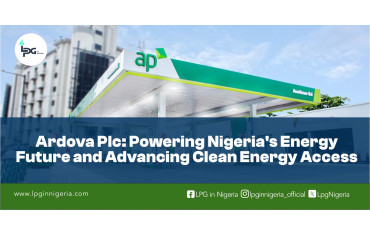
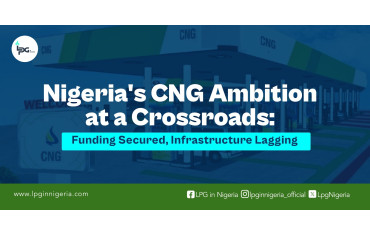
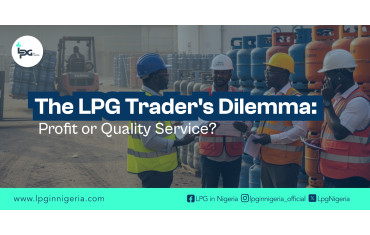

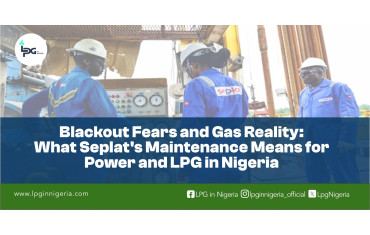
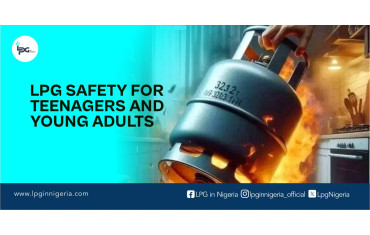





0 Comment.